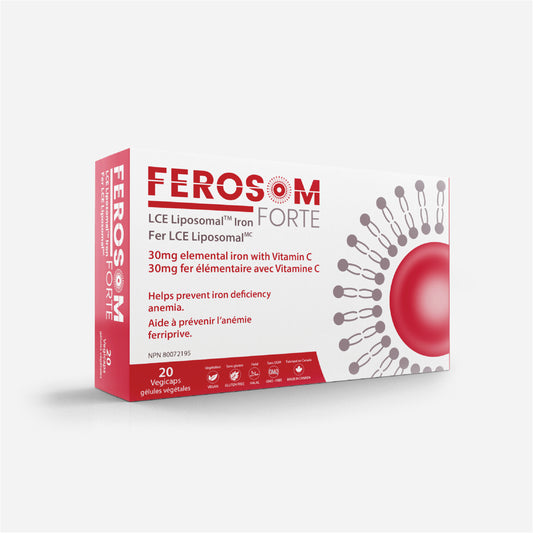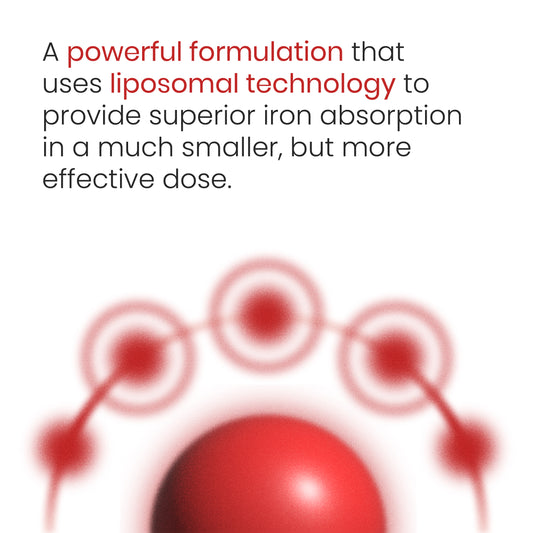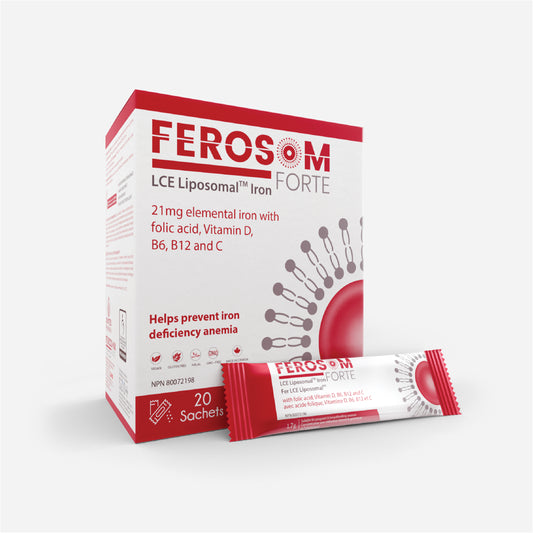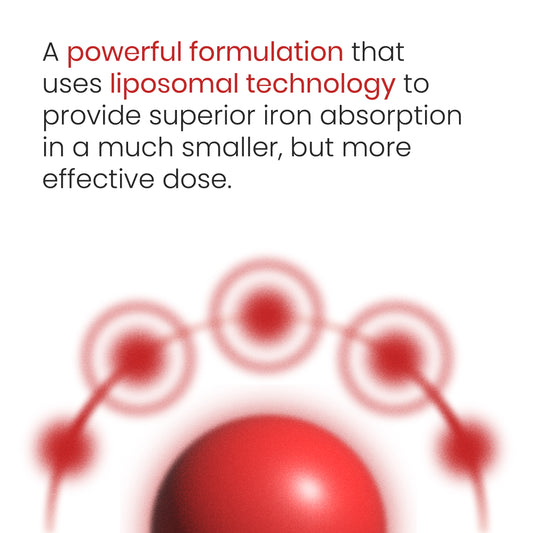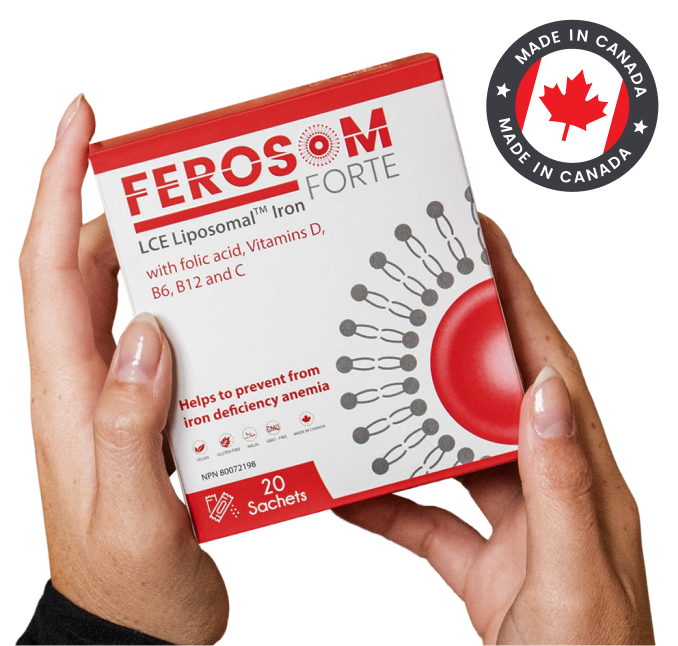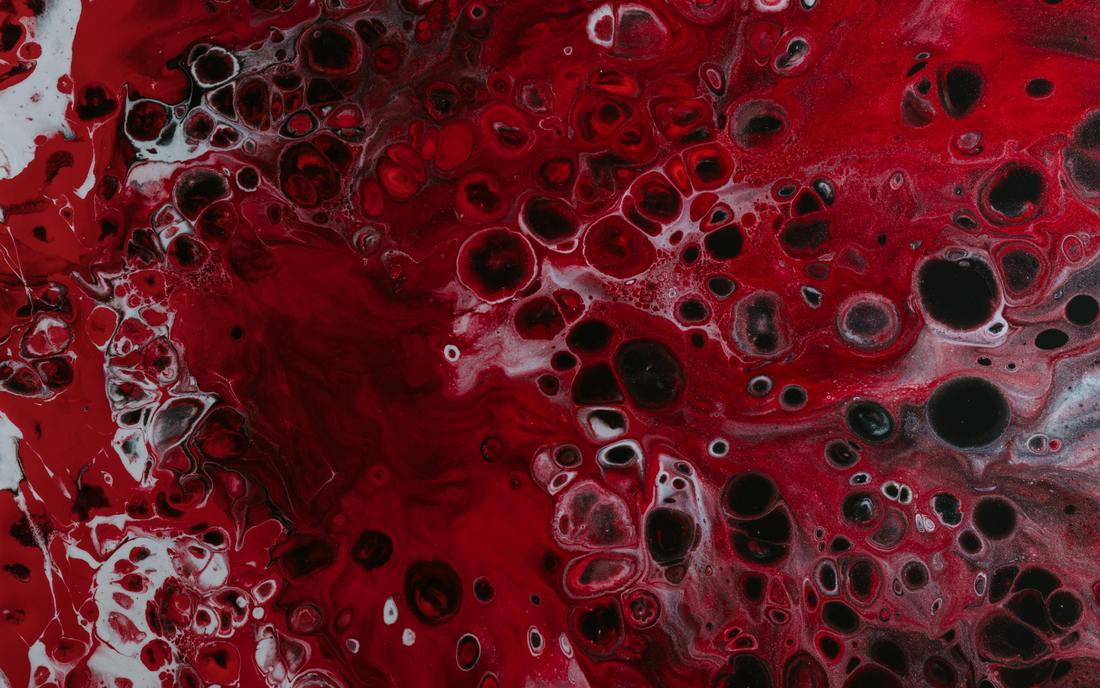

When most people hear the word “blood”, they think about cuts, scrapes, and horror films. But your blood is actually a vital part of your health—a fascinating, flowing network of cells and plasma. And it has some pretty important responsibilities to uphold.
So what exactly makes your blood so cool? And what can you do to naturally cleanse your blood so it functions at its best? Let’s rip off the Band-aid on this blog. (Sorry, we had to).
What are the essential functions of blood?
Blood has five very important responsibilities in your body.
1. Transportation
Think of your blood as a really effective subway system. It’s working 24/7 to get all the people where they need to go quickly and safely. If it succeeds, the city runs smoother and the citizens are happier and healthier.
Now substitute the city for your body. Blood carries oxygen and other essential nutrients to all the organs in your body so they can function properly. Without a healthy blood flow (i.e. a really great subway system), those nutrients would have no way to get to their destinations.
2. Fights infection
Your blood cells are like little warriors. When they detect a potential infection, they spring into action to protect you. Your blood carries immune cells and antibodies to affected areas to heal them as quickly as possible. It also helps to destroy harmful pathogens that enter your body before they can cause disease or illness.
3. Stops bleeding
Yep—one of your blood’s top responsibilities is to stop you from bleeding. Blood contains platelets and other elements that have the ability to clot. This means if you start bleeding on the outside of your body, or if a blood vessel is damaged and bleeding inside your body, clotting will protect the area and prevent blood loss.
4. Regulates body temperature
Ever feel like your fingers and toes are always cold? That’s a sign of iron deficiency anemia—and it means your blood isn’t distributing heat well enough.
Blood absorbs warmth and then sends it all over your body to regulate your temperature through the day and night. The speed of your blood flow makes a difference too. If your blood vessels expand, the blood flows slower and heat can be lost in the process.
5. Detoxes your body
While your blood carries good stuff all over your body, it also carries bad stuff out of your body. Blood transports waste and toxins from your organs to your kidneys and liver. From there, it’s filtered, metabolized, and expelled from the body.
Bottom line: The healthier your blood is, the healthier you will be. Healthy blood can boost your immune system, prevent anemia, ward off disease, and significantly improve the function of your most vital organs.
How does your body remove toxins from your blood?
Most of the heavy lifting is done by your liver, kidneys, and lungs. They all work overtime to detox and cleanse your blood, without you having to do a thing.
The liver is the detoxing top dog. It filters toxins and unwanted substances from the blood, breaks them down, and gets rid of them. Your liver also pulls nutrients from the blood and delivers them to the rest of your body.
The kidneys operate in a similar way. The main difference is that they release toxins from your blood through your pee.
Meanwhile, the lungs cleanse your blood by filtering gross gases and expelling them through your breath.
But the liver, kidney, and lungs aren’t the only players in the detox game. Your skin, intestines, spleen, and lymphatic system are also a part of the blood cleansing system.
With so many organs helping out, it’s clear that your body can detox blood all on its own. Still, every now and then, it might need a little boost. But more on that later.
What are the key nutrients needed for maintaining blood health?
There are so many nutrients that can help your blood thrive. Here are the top three to keep in mind.
1. Folic acid
This amazing vitamin helps form red blood cells, repair DNA, and regulate cell growth and division. Folic acid is especially important for pregnant women to reduce the risk of birth defects.
Foods rich in folic acid include dark leafy greens, beans, peas, nuts, oranges, lemons, bananas, melons, and strawberries.
2. Vitamin B12
If you’re vegetarian or vegan, you’ve definitely heard of this nutrient. Vitamin B12 is responsible for creating and regulating DNA and producing healthy red blood cells. That’s why a vitamin B12 deficiency will often lead to anemia.
Long-term B12 deficiency can get even more serious. If left untreated, it can lead to a number of conditions, from nerve damage to depression.
Vitamin B12 is only found naturally in animal products, which is why vegans will often take a B12 supplement to ensure they’re getting the right amount. You can find B12 in fish, meat, chicken, eggs, milk, and fortified cereals or grains.
(Psst. Learn more about the incredible health benefits of vitamin B12 right here.)
3. Iron
This blood-health-boosting nutrient might just be our favourite (but don’t tell the others). Iron produces hemoglobin: a protein that helps red blood cells transfer oxygen from your lungs to the rest of your body.
Iron-rich foods include red meat, pork, poultry, seafood, beans, dark green leafy vegetables (like spinach and kale), dried fruits (like raisins and apricots), peas, and iron-fortified cereals, bread, and pasta.
What is the relationship between iron and healthy blood?
Iron is a super important piece of the blood puzzle. Remember that subway analogy? Hemoglobin (created by iron) is the fuel that makes all the subway trains go.
About 70% of the iron in your body is in the form of hemoglobin in your red blood cells. Low hemoglobin levels put you at risk for developing anemia—a frustrating condition that impacts about 25% of the world’s population.
Symptoms of iron deficiency and/or anemia can include:
- Fatigue and weakness
- Pale skin
- Shortness of breath
- Cold hands and feet
- Chest pain
- Sore muscles
- Bruising easily
And so many more. Click here to discover 15 signs you might have an iron deficiency.
The more iron you get, the more hemoglobin is in your blood and the healthier your entire body will be.
What are natural ways to cleanse your blood?
Detoxing has become a popular trend in the health world. Products and programs that promise to detox your entire body often don’t have much scientific evidence behind them.
Don’t get us wrong—we love a good juice cleanse every once in a while. But the truth is, your body is naturally equipped to detox itself. And as long as you’re taking care of yourself, it does a really good job of it.
However, there are many natural foods, herbs, and lifestyle changes that are proven to boost your body’s detoxing abilities. And who wouldn’t want a little boost? Here are our top recos for cleaner, healthier blood.
Drink more water.
This one might seem obvious, but trust us—it’s worth mentioning. Staying hydrated is necessary for your blood health. It ensures your cells can transport oxygen and your kidneys can filter your blood. Water also keeps your blood vessels open and makes the flow of blood smooth and seamless.
How do you know if you’re getting enough water? Keep a close eye on your pee. Your urine should be a clear or faint yellow colour and you should be peeing about 6 cups of urine per day (according to the National Kidney Association).
Get your heart pumping.
Regular exercise causes more breathing and sweating, which in turn transports more blood to your muscles. All of this is helpful for cleansing your blood.
Support your liver.
Avoid excessive drinking, drug use and consuming highly processed foods. If possible, try to incorporate warm lemon water first thing in the morning to keep your liver functioning at its best, so it can detox your blood regularly.
Eat a balanced diet.
Nutrients keep your organs on their A-game so your blood can stay clean and toxin-free. But as we mentioned earlier, there are some herbs and other foods that have been shown to supercharge the detoxification process, especially for your liver and kidneys.
Foods and herbs that can naturally cleanse your blood include:
- Alliums (AKA garlic and onion)
- Chamomile tea
- Green tea
- Hibiscus
- Citrus fruits
- Chicory root
- Fruits high in antioxidants (think grapefruit, pomegranate, blueberries, cranberries, and apples)
- Cruciferous vegetables (think broccoli, cauliflower, cabbage, and brussels sprouts)
- Ginger
- Parsley
- Dandelion
- Coffee
- Purple sweet potato
- Turmeric
- Soybeans
- Fish (especially omega-3 fatty acids, like salmon, tuna, and sardines)
Lastly, get enough iron.
Iron produces red blood cells that are necessary for healthy, detoxed blood. It’s possible to get enough iron through your diet. But for many people, especially females and vegetarians, eating iron-rich foods alone just won’t cut it. That’s when a high-quality, effective iron supplement comes in handy.
What is the best iron supplement for blood health?
Easy: Ferosom Forte. This iron supplement has one of the highest absorption rates available. It’s microencapsulated in Liposomal form and infused with vitamin C for enhanced absorption.
What’s Liposomal form? It’s an advanced nutrient delivery system that increases absorption and bioavailability. The absorption rates of Liposomal iron are similar to certain doses of IV iron. Yep, it’s that good. For that reason, only a small dose is needed to do a world of good for your iron stores.
What does all of this absorption talk have to do with your blood health? The more iron is absorbed into your body, the more hemoglobin your blood will have to transport oxygen and support regular detoxification.
And as an added bonus, Ferosom Forte is formulated with other essential nutrients and vitamins for blood health, like folic acid and vitamin B12. It also has a patented LCE coating to avoid the nasty side effects that often come along with iron supplements.
Click here to meet the Ferosom Forte collection and boost your blood health in the process.

